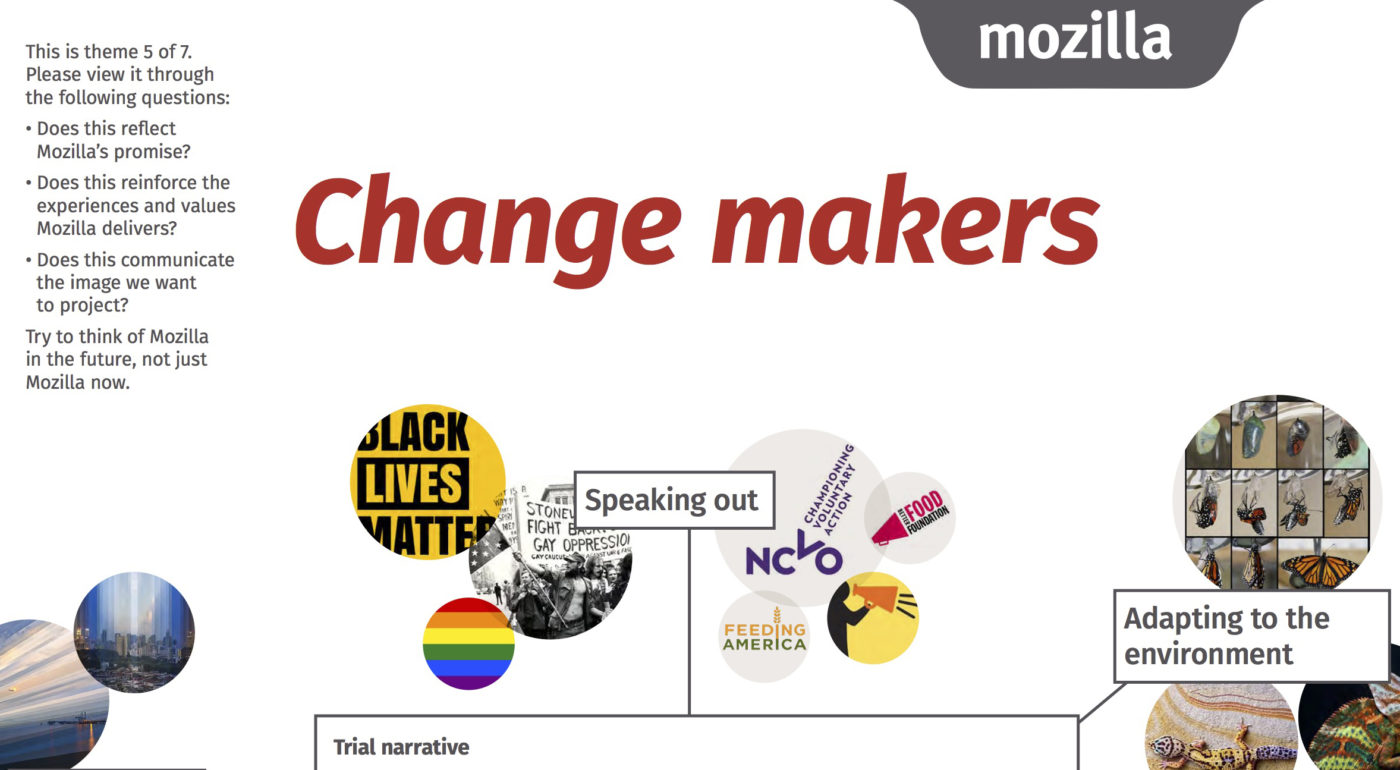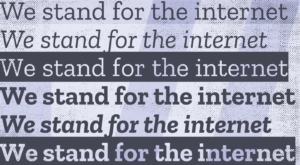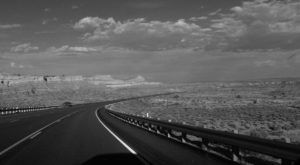This is the fifth theme of a series of seven. We’ve developed these to help us decide on the future direction of the Mozilla brand, and now we want your thoughts as well.
This theme puts Mozilla forward as the voice of the Internet who seeks change, and wants to make it better. Read the words, consider the pictures*, then ask yourself:
Does this reflect what Mozilla promises to the world?
Does this reinforce the experiences and values Mozilla delivers?
Does this communicate the ‘right’ image to the world?

Please use the comments below to let us know what you think.
* The images you see on these boards are for illustrative purposes only. Don’t take offense if we’ve used an image of your company or project – please be flattered.











Rob Pape wrote on
Tim Murray wrote on
Axel Hecht wrote on
Eric Shepherd wrote on
Tim Murray wrote on
M.A. Zamani wrote on
Tim Murray wrote on
André Jaenisch wrote on